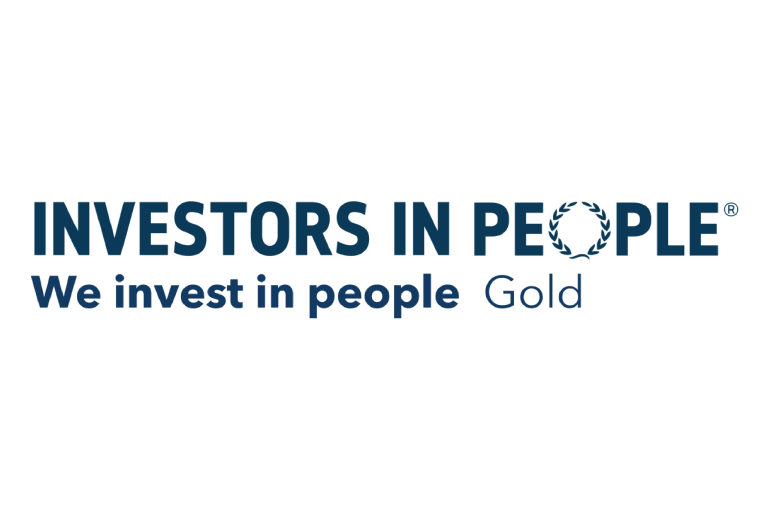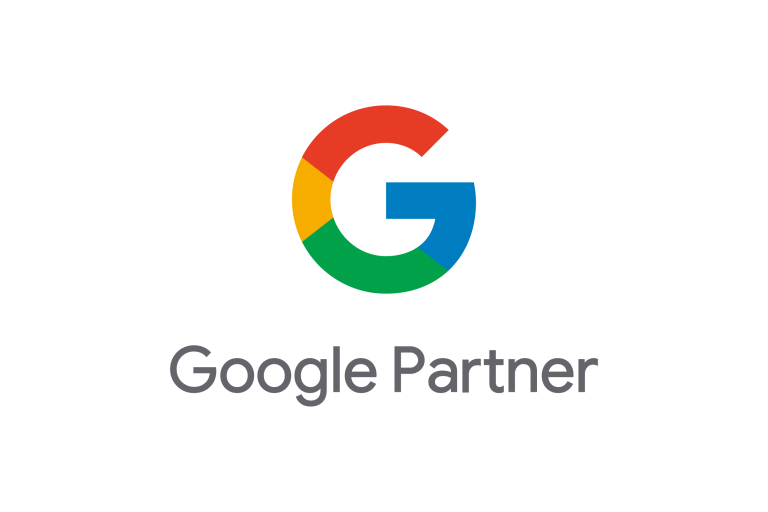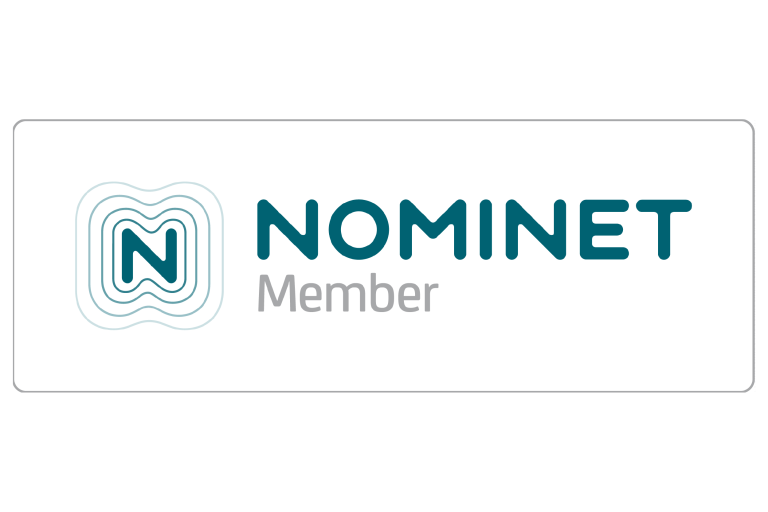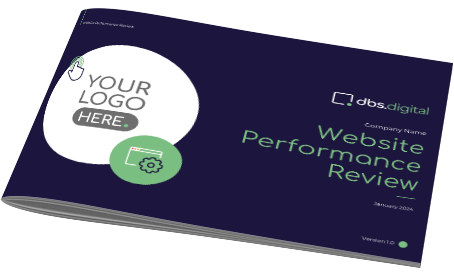In May 2025, Google held a conference and launched AI Mode. Several AI-driven enhancements were unveiled that are set to redefine the search landscape. This isn’t about change in five years’ time, this is happening now. AI Mode in search is already available to those in the US.
With AI now deeply integrated into how users find information online, it’s clear that SEO strategies must evolve quickly to keep up. Here’s what was announced, what it means for your business, and what we, as an SEO agency, are doing to help clients adapt.
Key Takeaways from Google I/O 2025
1. AI Mode Brings Conversational Search Front and Centre
Google’s new AI Mode offers a more interactive search experience. Instead of typing a single query and reviewing a list of results, users can now engage in a back-and-forth chat with Gemini, Google’s most advanced AI model to date. It processes complex queries with deeper reasoning and summarises content across multiple sources instantly.
2. AI Overviews Now Reach 1.5 Billion Users Across 200+ Countries
AI Overviews have expanded significantly, now available in over 200 countries and territories, supporting more than 40 languages. This global rollout means that AI-generated summaries are becoming a standard part of the search experience for a vast number of users worldwide.
3. Deep Search Changes the Game
Google’s new Deep Search feature processes hundreds of search queries in parallel. It can produce high-quality, citation-rich answers that act as research summaries. This further reduces dependency on individual website clicks for informational content.
4. Visual and Multimodal Search Expands
With tools like Project Astra, Google is moving Search into the real world. Users can now point their phone at an object or scene and ask questions about it in real time. This kind of interaction signals a future where visual context plays a bigger role in digital discovery.

Why Is Google Launching AI Mode?
From my perspective, Google’s motivation is clear: stay competitive and maintain user trust in an increasingly AI-driven digital landscape. With competitors like OpenAI and Perplexity pushing conversational AI search experiences, Google is under pressure to evolve fast. By integrating Gemini into Search, Google aims to retain users, provide faster answers, and reduce the risk of losing their audience to competitor platforms.
Of course, it’s clear to see that this shift is commercially driven. The more Google controls the user journey, the more it can influence monetisation through ads and products. It’s not just about better search, it’s about future-proofing their dominance. Search is evolving.
What Google AI Mode Means for Your SEO Strategy
1. The Way People Search Is Changing
Search is moving from discovery-based to decision-based. Instead of searching “best running shoes for flat feet” and browsing through pages, users will ask Google directly and receive a full, AI-curated answer. This limits organic exposure for many brands. If you’re a client of ours, don’t worry, we’re already getting ahead of the game.
2. Brand Awareness Is More Crucial Than Ever
I believe brand searches will become a key indicator of success. If a user already knows your brand, they’re more likely to search for it directly when they’re ready to buy, bypassing AI summaries entirely. Being memorable before someone searches is now a competitive advantage.
3. Optimise for People, Not Just Google
In a world where AI decides which answers users see, the focus must shift to providing real value. Websites must be easy to use, accessible on all devices, and clearly structured to help users, not just to manipulate rankings.

How DBS Digital Can Help Clients Navigate These Changes
1. Build Brand Visibility Across Channels
We’re developing strategies that raise awareness before the search begins. This includes:
- Creating top-of-funnel, high-value content
- Running social media and influencer campaigns
- Using targeted email marketing to nurture awareness and keep your brand top of mind
2. Optimise Content for Both Users and AI
Our content strategies serve users first, whilst also aligning with how AI surfaces information:
- Structuring pages with clear headings and short, well-written summaries
- Including FAQs, definitions, and direct answers
- Using citations and authoritative references where possible
3. Prioritise UX and Technical SEO
We can help clients improve their websites by:
- Enhancing speed, mobile usability, and prioritising accessibility
- Adding structured data to support how AI understands and presents content
- Improving navigation and calls-to-action to support user journeys
4. Analyse AI Visibility and Adapt Fast
We’re closely monitoring:
- How content appears in AI Overviews
- The performance of branded vs non-branded search traffic
- New tools and updates from Google Search Console and third-party platforms

Adapt Now or Be Left Behind
The AI updates from Google I/O 2025 are not just technical improvements, they represent a complete shift in how users interact with information. For brands, this means rethinking SEO from discovery to demand. Strong branding, helpful content, and user-first websites will win.
We’re ready to help clients thrive in this new environment, and if you’re not adapting yet, now’s the time to start. Get in touch to discuss how we can help your business stay visible and competitive.










